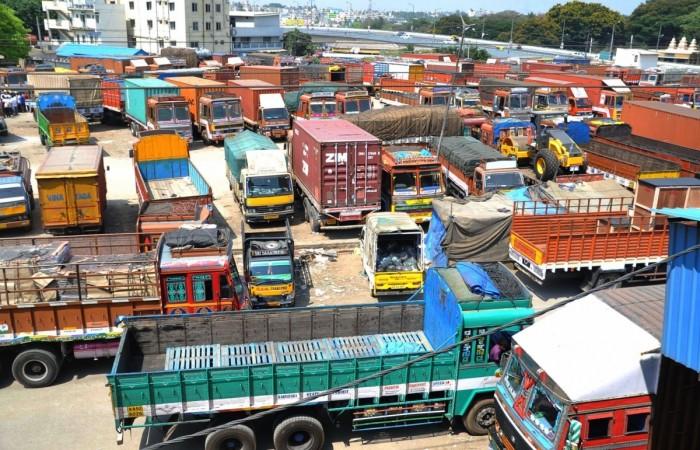On Friday, August 13, Prime Minister Narendra Modi announced an official expiry date for vehicles on Indian roads which were otherwise seemingly coming with none. Present at the Investor Summit in Gujarat, the PM used the platform to announce a vehicle scrappage policy aimed at phasing out unfit and polluting vehicles in an environment-friendly manner.
Taking to this Twitter account, he stated, "The launch of Vehicle Scrappage Policy today is a significant milestone in India's development journey. The Investor Summit in Gujarat for setting up vehicle scrapping infrastructure opens a new range of possibilities."

Requesting the youth and start-ups to follow the trend, he furthered, "Vehicle scrapping will help phase out unfit & polluting vehicles in an environment-friendly manner. Our aim is to create a viable #circulareconomy & bring value for all stakeholders while being environmentally responsible."
Unfit vehicles to phase out
At the event, Union Minister Nitin Gadkari clarified that the policy holds relevant in terms of fitness of the vehicle and not its age and that nearly one crore vehicles on Indian roads are unfit to be used yet ply regularly.
The statement received mixed responses from social media users. While some felt that it was a good decision to help the environment and reduce vehicular pollutions; others felt that the policy aimed at enforcing a circular economy would further put a burden on the citizen's shoulders.
Sorry Sir, but this will benefit manufacturars more & force people spend more on vehicles. Pollution has less 2 do w this, poor fuel, traffic management & bad roads r greator evil, y aam janta has 2 bear cost 4 everything everytime. Will increase import bills & burden economy 2.
— Prasoon (@PrasoonGuptalko) August 13, 2021
Another software professional Rajavel Pillai said, "This is an atrocious policy by BJP. Most of the old vehicles which are in good shape are forcibly sent for scrap which is not logical. Circular economy is putting people to eternal debt. This policy is only devices to benefit the big corporates."

The policy that was being speculated for more than a year, may have been announced now in 2021, however, it will take its time to take shape on ground. According to a News18 report that quoted Giridhar Aramane, Secretary, Road transport and highway ministry, "From 2023 onwards, heavy commercial vehicles need to be scrapped if they do not conform to the fitness level prescribed under the rules. For personal vehicles, we plan to implement this from June 2024 onwards."
The scrappage policy, currently implemented successfully by many countries, means differently in each of them. In India, all private vehicles above 20 years and commercial vehicles above 15 years will have to undergo a fitness test at an authorized fitness center. Only those vehicles are that are deemed to be fit will be allowed to run, and the rest will be sent to a vehicle scrap yard.
In January this year, the government had proposed a 'green tax' on old vehicles plying on roads, according to which vehicles registered in highly-polluted cities were to pay higher green tax (50 per cent of road tax) depending upon the fuel type (petrol or diesel) and the type of vehicle.
















